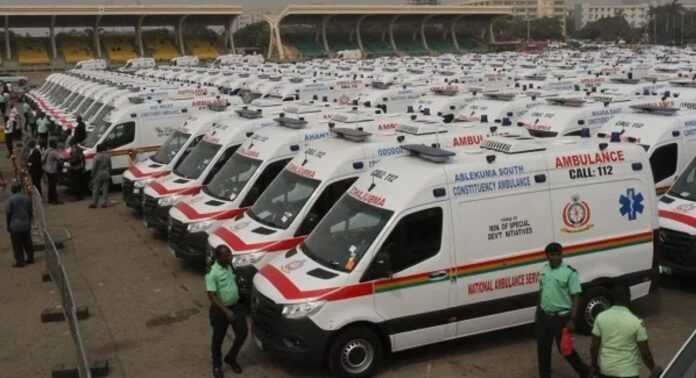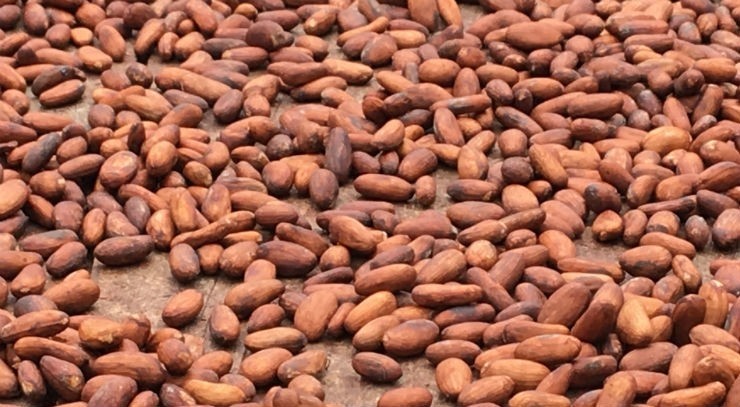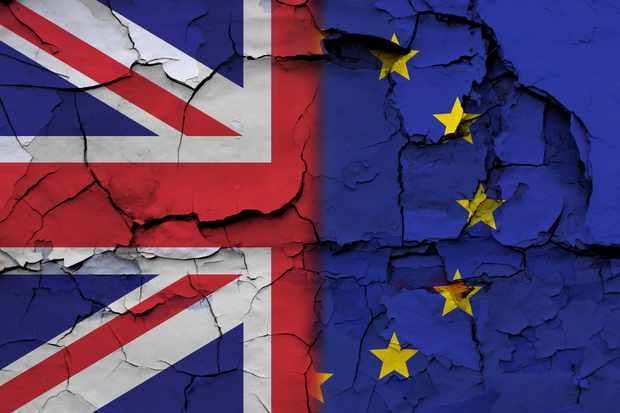The European Commission has threatened to block vaccine exports to the UK and other countries with high vaccination rates for the second time, as a bitter dispute over the EU’s sluggish jab rollout continues to escalate.
European Commission president Ursula Von der Leyen announced the bloc was facing “the crisis of this century” amid vaccine shortages.
“If this situation does not change, we will have to reflect on how to make exports to vaccine-producing countries, depending on their level of openness,” she said.
“We will reflect on whether exports to countries who have higher vaccination rates than us are still proportionate,” Von der Leyen added.
Just 8.5 per cent of Europeans have received their first dose of a Covid vaccine, according to the European Centre for Disease Prevention and Control’s Covid-19 Vaccine Tracker.
That compares to 24.8m people who have received their first injection in the UK — equivalent to around 37 per cent of Britain’s population.
[Germany, Italy, France to halt AstraZeneca shots, further hitting EU vaccination campaign]
Downing Street hit back at Von der Leyen’s threats, urging the EU to “stand by its commitment” not to restrict the export of vaccines.
During a briefing with journalists, the Prime Minister’s official spokesman said: “I would point you back to the conversation the Prime Minister had with Von der Leyen earlier this year.
“She confirmed then that the focus of their mechanism was on transparency and not intended to restrict exports by companies where they are fulfilling their contractual responsibilities. It remains the case we would expect the EU to continue to stand by its commitment.”
Foreign secretary Dominic Raab warned that the “world is watching” the EU’s handling of the vaccine shortage.
“All of us, including our European friends, have been saying throughout the pandemic that you’d be wrong to curtail or interfere with lawfully-contracted supply. We said it last year on PPE. We’ve been saying it this year on other things,” he said.
“Frankly I’m surprised we’re having this conversation,” Raab added. “It is normally what the UK and EU team up with to reject when other countries with less than democratic view than our own engage in that kind of brinkmanship.”
[EU unleashes legal battle against Britain over Northern Ireland]
A large proportion of the UK’s vaccine supplies are manufactured on the continent and exported to the UK. In the six weeks from 30 January, when the EU implemented a new system requiring authorisation of vaccine exports, drugmakers shipped 9.1m doses to Britain.
The EU has approved four vaccines so far, including the Astrazeneca, Pfizer, Moderna and Johnson & Johnson jabs. However, production glitches and manufacturing scale-ups have slowed the bloc’s vaccination programme, causing some member states to seek their own solutions.
Von der Leyen announced yesterday that the European Commission had had agreed an “accelerated delivery of 10m doses” of the Pfizer vaccine to be supplied over the next three months to plug supply shortfalls. It is also in discussions to place an order of Russia’s Sputnik V vaccine.
Deja-vu
It marks the second time the EU has threatened to restrict exports of Covid vaccines to the UK.
In January, the European Commission moved to restrict exports of vaccines into Northern Ireland by overriding parts of the Brexit deal, sparking widespread anger from politicians in Belfast.
Northern Ireland’s First Minister Arlene Foster described the move as “an incredible act of hostility” by the EU to invoke Article 16 of the Northern Irish Protocol, which allows Britain or the EU to take unilateral action if there is an unexpected negative effect arising from the agreement.
It came after Astrazeneca refused to bow EU demands to divert doses of its vaccine intended for the UK to instead b distributed across the EU to fill supply shortfalls.
The EU swiftly rowed back on its threats, promising not to restrict the movement of vaccines on the Irish border.
However, supply shortages across the bloc in recent weeks have rubbed salt into old wounds, with 15 countries across Europe suspending the rollout of the Cambridge-based Astrazeneca jab.
The countries, including Italy, France, Spain and Germany, have claimed the suspension is based on concerns that the Astrazeneca jab may be linked to an increased risk of blood clots among patients.
However, EU leaders have been accused of playing political games with the jab rollout, with Astrazeneca insisting it is being made a scapegoat for supply shortages across the bloc.
Nicola Magrini, head of Italy’s medicines agency, admitted that the country’s decision to suspend vaccinations was “a political one” that Rome had reached only “because several European countries, including Germany and France, preferred to interrupt”.
Vaccine nationalism
The EU has been accused of peddling “vaccine nationalism”, after it last week extended export controls on Covid vaccines until the end of June.
The export authorisation scheme was introduced in January amidst a separate dispute over low supplies of the Astrazeneca jab within the EU.
The scheme, which was originally intended to run until March, allows customs agencies to block Covid-19 vaccine exports out of the bloc unless they receive emergency authorisation from national governments within the EU.
Earlier this month, Italy announced it had blocked the shipment of 250,000 doses of the Astrazeneca vaccines to Australia, after the British-Swedish drug manufacturer failed to meet its EU contract commitments.
Prime Minister Boris Johnson slammed the move, telling MPs: “This pandemic has put us all on the same side in the battle for global health — we oppose vaccine nationalism in all its forms.”
Source: Cityam
























































![[FREE FREE MONEY] Predict and Win a Guaranteed GH¢200 From Us EVERY WEEK](https://wordpress.ghanatalksradio.com/wp-content/uploads/2022/02/Predict-and-Win-Final-09-03-2021-218x150.jpg)
![[Predict & Win – 8th/Oct.] WIN A Guaranteed ¢200 From Us This Week](https://wordpress.ghanatalksradio.com/wp-content/uploads/2021/10/maxresdefault-16-218x150.jpg)
![[Predict & Win – 2nd] WIN A Guaranteed ¢200 From Us This Week](https://wordpress.ghanatalksradio.com/wp-content/uploads/2021/09/maxresdefault-50-218x150.jpg)
![[Predict & Win – 25th] WIN A Guaranteed ¢200 From Us This Week](https://wordpress.ghanatalksradio.com/wp-content/uploads/2021/09/maxresdefault-36-218x150.jpg)
![[Predict & Win – 18th] WIN A Guaranteed ¢200 From Us This Week](https://wordpress.ghanatalksradio.com/wp-content/uploads/2021/09/maxresdefault-23-218x150.jpg)








![[National cathedral] See full list of churches that have contributed since 2018](https://wordpress.ghanatalksradio.com/wp-content/uploads/2020/09/Ghana-National-Cathedral-GhanaTalksRadio-100x70.jpg)



